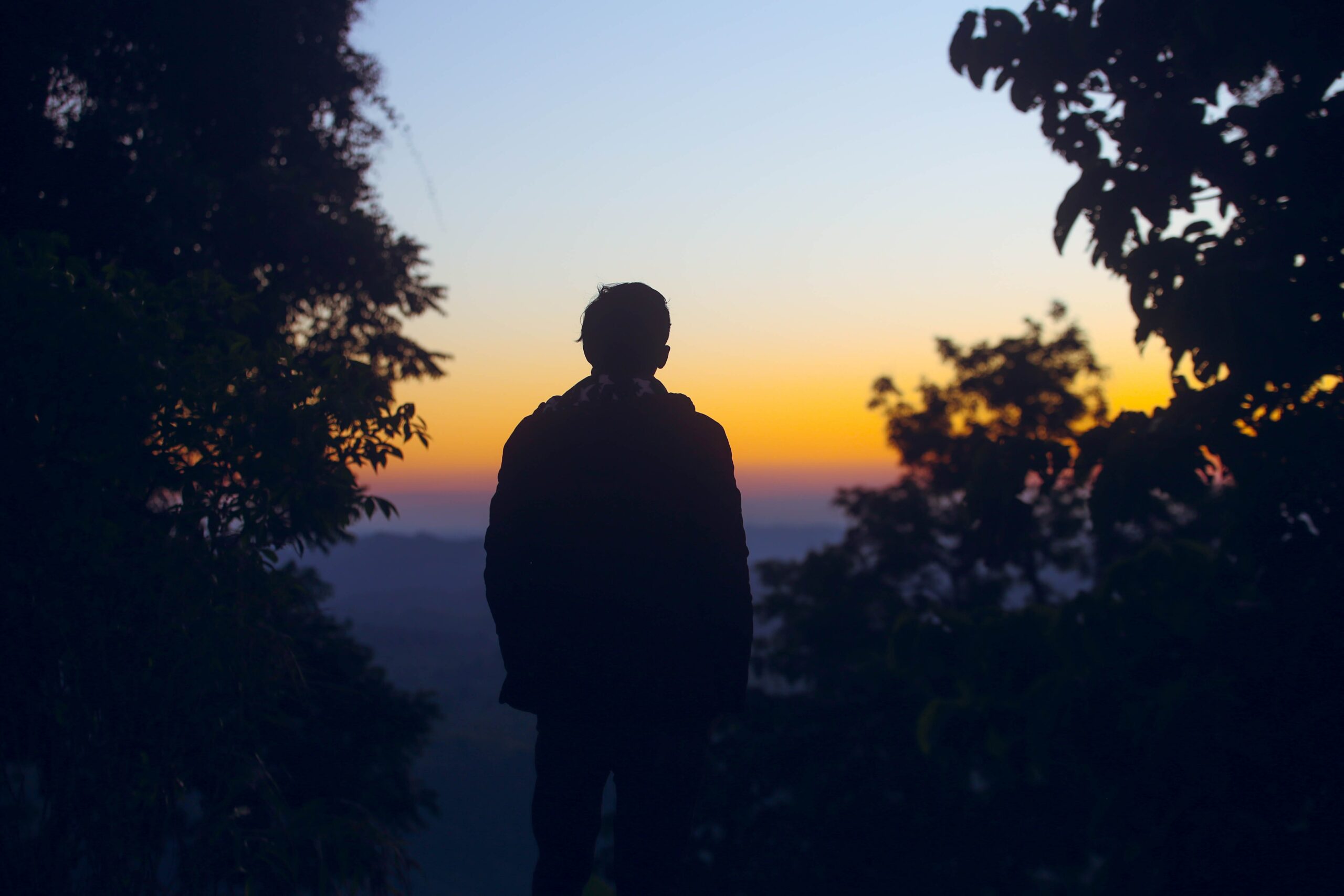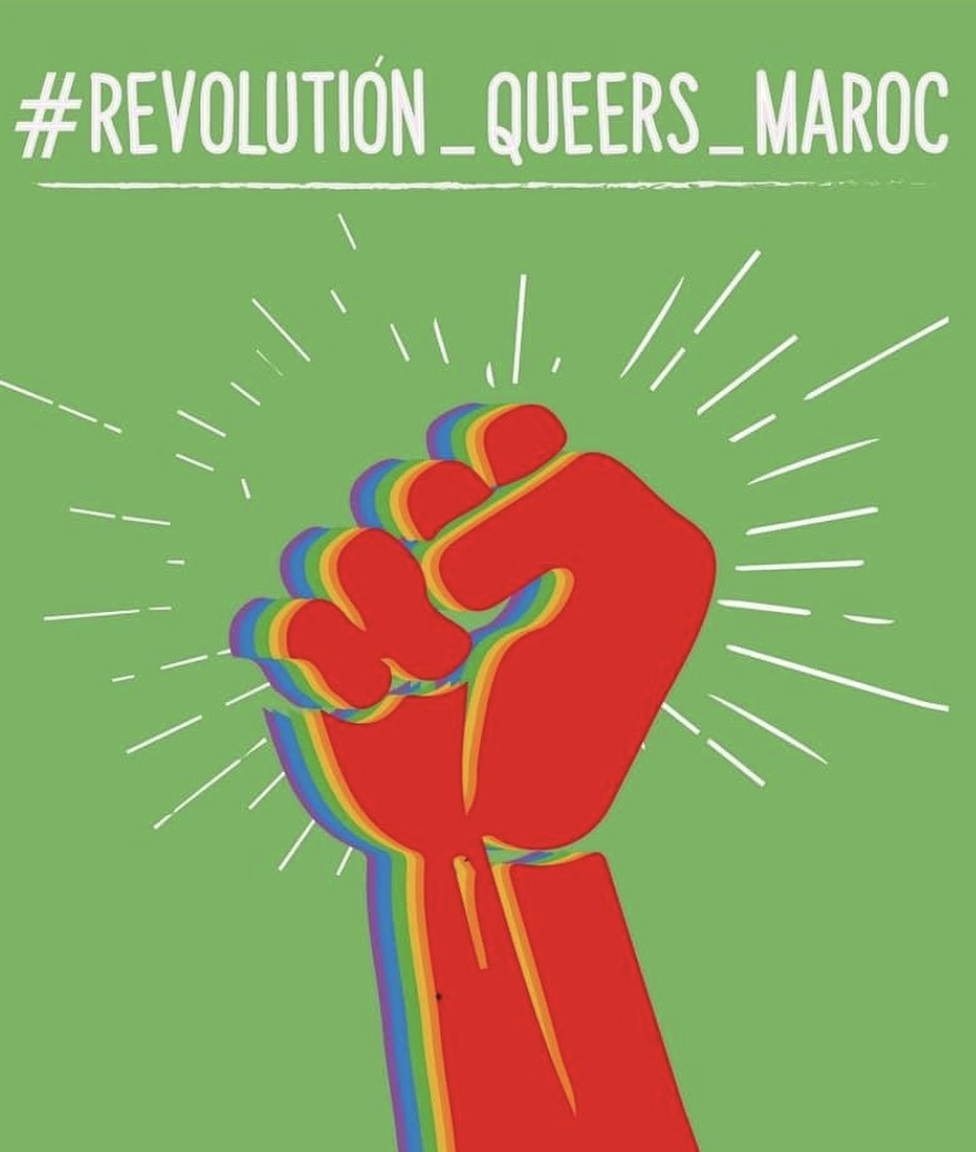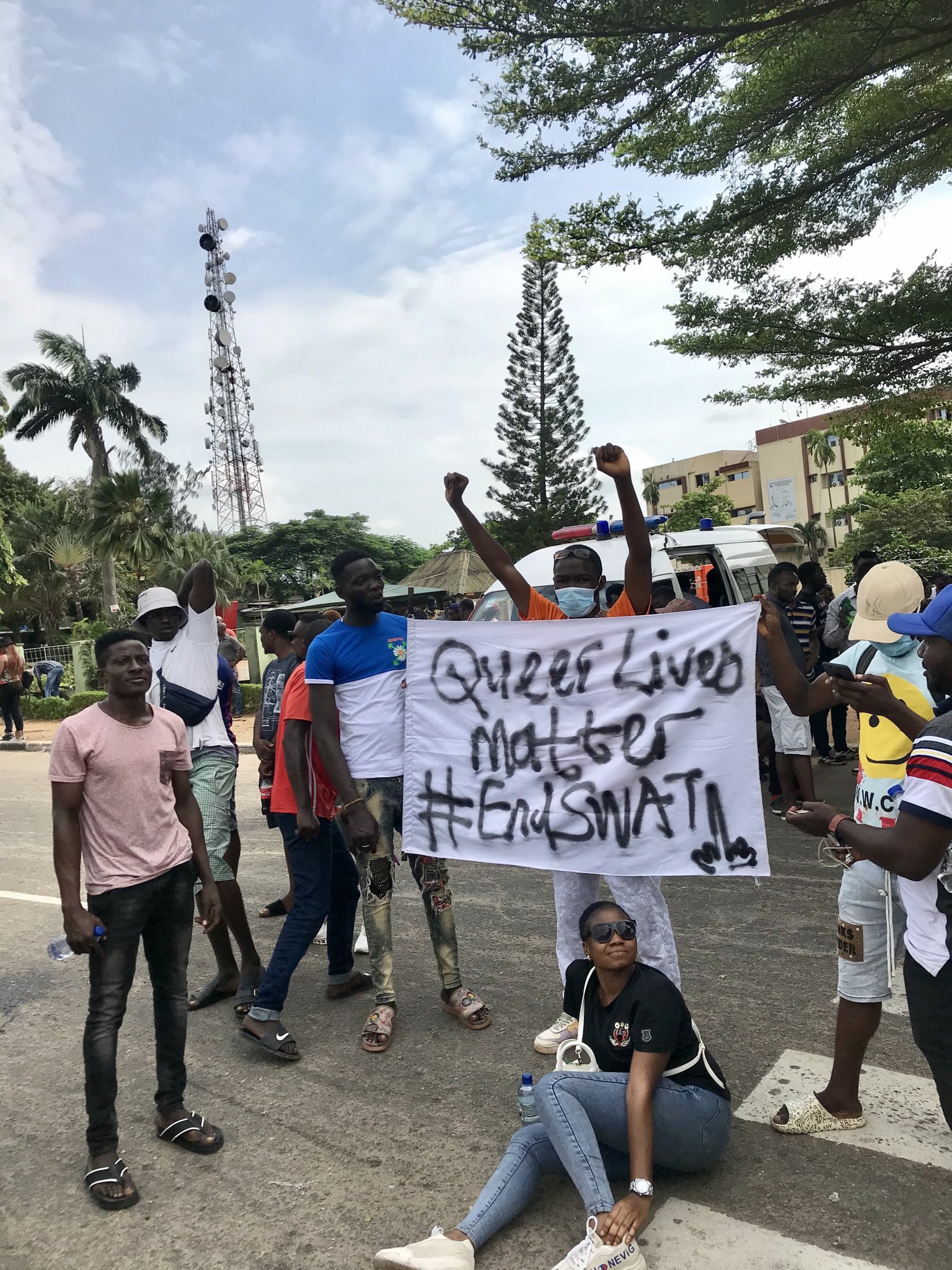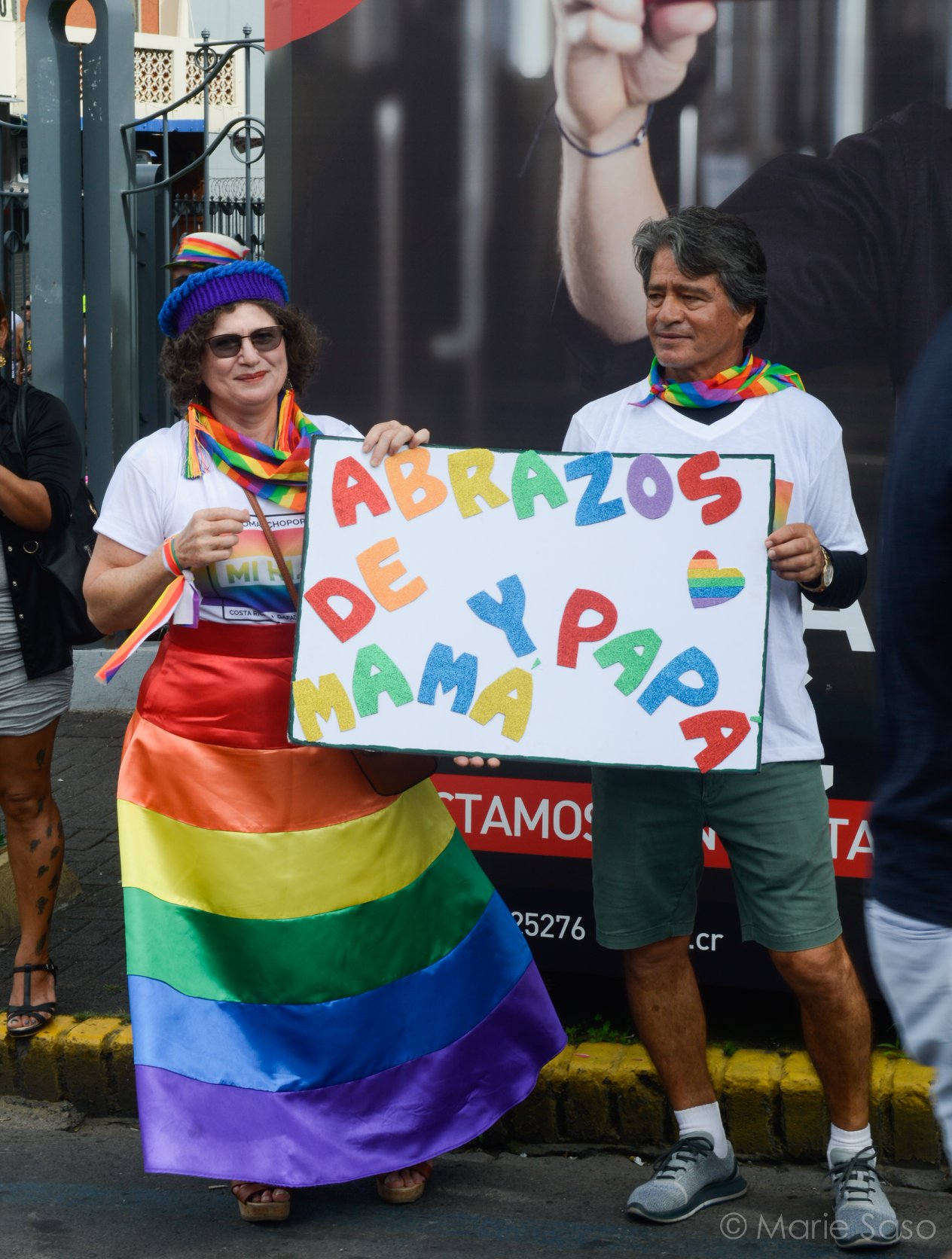LGBTIQA+ activists from Bangladesh to Nigeria open up about the ongoing fight for their rights
It’s crucial for Western communities to understand the world of LGBTQIA+ activism outside the Global North.
Prishita Maheshwari-Aplin
18 Feb 2021

Matthew Blaise
February marks the observance of LGBT+ History Month in the UK. Established in 2005, it offers an opportunity to acknowledge the work of our queer elders who lived and fought to attain basic civil rights for the community. In recent years, specific sets of stories have taken on legendary status; there is a significant focus on recounting the events of the US Stonewall Riots and remembering LGBTQIA+ icons like Marsha P. Johnson, Sylvia Riviera and the activists of the Gay Liberation Front.
However, while a knowledge of the history of LGBTQIA+ activism in the UK and the US are important to our sense of identity as queer individuals residing in the Global North, it’s also crucial for Western communities to understand the varying faces of activism within different cultures. This is especially vital in the face of racial injustice and given limited understandings of the long-lasting impacts of colonialism on marginalised citizens of post-colonial countries. Read on to hear how LGBTQIA+ activists across the world are fighting for their rights.
Bangladesh – The Secret Group

The LGBTQIA+ community in Bangladesh suffered a significant loss in 2016, when two prominent activists, Xulhaz Mannan and Tonoy Mahbub, were found murdered in a Dhaka apartment. According to NagorBalok, a board member of Bangladeshi’s leading LGBTQIA+ network ‘The Secret Group’, this led to a two-year gap in their activism as many community leaders left Bangladesh to seek asylum elsewhere. Those who remained stayed in hiding, mourning. Now, tentatively, LGBTQIA+ activist networks in Bangladesh are beginning to rebuild the trust and lines of communication that were shattered by the brutal murder of their peers.
“Most of our work takes place online; in-person organising is incredibly difficult,” NagorBalok. “Before 2016, the corrupt government supported a number of radical Islamist groups in order to ensure that they would stay in power. This makes us even more vulnerable. For example, these fundamentalist and radical Islamist groups, like ‘Hefazat-e-Islam, Hizb-ut-Tahrir, Ansar-al-Islam’, spread hate speech through social media.
“Meanwhile queer groups aren’t able to share anything online because of the 2018 Digital Security Act, but pages run by Islamist groups don’t face any obstacles from the government”.
Last year, NagorBalok says, radical Islamist groups published a book called Ovishopto Rangdhanu (meaning ‘cursed rainbow’ in English), outlining in detail how to brutally murder queers. Bangladesh’s leaders have failed to take any action on the text, allowing it to become one of the top three best sellers on rokomari.com (the largest online bookshop in Bangladesh). Yet queer people can’t meet anywhere, talk or even “sit together in public,” adds NagorBalok.
“Queer groups aren’t able to share anything online because of the 2018 Digital Security Act but pages run by fundamentalist Islamist groups don’t face any obstacles from the government”
Despite this, The Secret Group – comprised of diverse individuals from a range of demographics under the queer umbrella, including members of the Hijra and Kothi communities – hosts online parties to connect with queer students, and provide education around LGBTQIA+ terminology and mental health support in a fun and accessible way. NagorBalok says they aim to normalise their experiences in the eyes of the general public through digital content. But direct efforts to repeal Section 377 of the Penal Code, Bangladesh’s colonial anti-homosexuality law, are hindered by the community’s limited legal knowledge, financial instability and safety concerns.
“The government has created multiple laws to stop us from even trying to organise to overturn Section 377,” says NagorBalok. “These laws are being used against us indirectly; they’re creating barriers. Under the Digital Security Act, if the police just want to check my house, my office, my body, then they can do it. We can’t keep any documents [relating to our work] in our homes or on our computers. It would be like suicide for us.”
NagorBalok adds that South Asian LGBTQIA+ individuals should reclaim their history by acknowledging the diverse queer representation in mythology, and that the global community needs to connect over our shared fight.
“We need to learn ways of working from one another. What did the organisers and the lawyers do in India [when they repealed Section 377]? We need to study their process and try to replicate it as much as possible, rather than always trying to be creative and do what nobody has ever done before.”
Morocco – Nassawiyat

Nassawiyat (meaning ‘feminists’ in Arabic) is an LBTQ feminist group for people of marginalised genders, which aims to peacefully combat all forms of violence and discrimination against the queer/trans+ community in Morocco. Ayouba, the co-founder and manager, says they use a three-pronged approach: artivism, direct services and campaigning and advocacy.
“We have a platform for queer artists who use art as a tool to advocate for queer rights in Morocco, creating content about gender and sexuality in the Moroccan dialect,” they explain. “We are also committed to helping the LGBTQI+ community to respond to emergency situations by providing psychological and medical assistance. We’ve launched a project called Trans Health Matter’ (THM), which is designed to support trans and gender diverse people undergoing hormonal transition.”
Same-sex relationships have been criminalised under Article 489 of the Moroccan Penal Code since the colonial period and it’s also illegal to register as an official organisation that works on LGBTQIA+ issues in Morocco. This, Ayouba shares, is the greatest obstacle that Nassawiyat faces.
“All of our work is being done informally,” she notes. “ To combat this challenge in organising, we put digital and physical security measures in place. For example, we use communication tools that are end-to-end encrypted.”
While Morocco’s conservative culture means many LGBTQIA+ individuals face persecution both legally and socially, Ayouba stresses that class and financial stability significantly impact the level of this violence. These intersectional experiences further strengthen the importance Nassawiyat places on collaborative working.
“The most effective campaigns that we are working on are the ones supported by other groups,” they say. “We are actually working on a report on the situation of the LGBTQI+ community in Morocco in 2020 that emerged out of a collaboration between Nassawiyat and seven other Moroccan LGBTQI+ civil society organisations.”
Nigeria – Matthew Blaise

Matthew Blaise is part of a new, unapologetic generation of queer Nigerians who have been driving forward a powerful movement for the past three years. Suppressed by a Victorian-era penal code that criminalises homosexuality and the Same-Sex Marriage Prohibition Act (SSMP), many prominent queer organisers in previous years have left Nigeria to seek asylum. However, the community has rediscovered its voice, with campaigns such as #EndHomophobiaInNigeria, #QueerNigerianLivesMatter, and #HowIResist overlapping with the volatile and transformative End Sars protests in October 2020.
“The conversation now is very, very strong,” says Matthew. “We have queer people taking over social media and offline spaces to own their identity. It’s something beautiful; even when it’s compromising our security, we are still here. The LGBTQIA+ climate in Nigeria right now is furious, it’s aggressive; it is queer people being tired of oppression and pushing back.”
“We organise safe spaces for queer people to access therapy, engage with the community, have discussions amongst ourselves and also to have fun”
Fierce as the movement may be, the primary focus for the community is mutual support and care rather than changing the law. As Matthew notes, this stems from the community’s understanding that despite homosexuality being decriminalised in other countries, such as South Africa and India, queer people there still face daily discimination and violence.
“Society has taken so much from us,” they say. “We need to come together and find ways to replenish ourselves; you can’t go out there to fight the battle when you’re empty and damaged, when you’re not ok. We organise safe spaces for queer people to access therapy, engage with the community, have discussions amongst ourselves on sexual and mental health, and also to have fun [watching queer movies]. One thing I love so much is coming together to just cry.”
Matthew adds that while Nigeria is extremely unsafe for everybody, it is exponentially more so for those with a marginalised sexuality or gender identity. Under the SSMP, anyone who “registers, operates or participates in gay clubs, societies and organization” or “supports” the activities of such organisations can receive from 10 to 14 years in prison.This makes it even more important to ensure the community’s safety at all events. Matthew says that attendees are often scared of turning up to the events they organise; memories of police raids linger in the community.
“Three years ago, a party was raided by the police and 59 men were arrested for ‘homosexuality’,” they recall. “[The police] said that they were holding a ‘gay initiation party’, which was ridiculous. These men were paraded and disgraced on the street. So I do my best to get a very secure space [for our events], no matter what it costs and ask people not to take photos without others’ consent. The notion of consent is engrained in every party that we organise.”
Costa Rica – Daniella Solano Morales

On 26 May 2020, Costa Rica became the first country in Central America to legalise same-sex marriage, following a gruelling campaign by a cohort of human rights and civil society organisations. Daniella Solano Morales, an LGBTQIA+ rights campaigner based in San Jose, contributed to the Advisory Opinion that was issued by the Inter-American Court in order to demand gender recognition for trans people and equal rights for same-sex couples. However, despite this legislative landmark, there remains a lack of social support for the community.
“Here in Central America LGBTQIA+ people face a lot of violence and discrimination,” says Daniella, who works with organisations including Organization Gente Positiva, CR Foundation and Mulabi.
“Trans women only have a life expectancy of 35, and often don’t have access to social security, healthcare and employment. We also still don’t have concrete laws for the protection of LGBTQIA+ human rights”.
What Costa Rica does is have is executive decrees, which Daniella says any new government could “throw away like garbage“. Influential conservative movements in the country make any progress for queer rights a fragile proposition.
“International cooperation has been crucial in placing pressure on the Costa Rican government to provide equal rights for LGBTQIA+ people”
The majority of work Daniella engages with provides community support, such as an ongoing campaign by Mulabi to promote equal opportunities for LGBTQIA+ individuals in Central America, and aims to normalise queer family values by sharing their experiences through social media and national TV appearances.
“We host workshops to support members of LGBTQIA+ community, aged 18-38, with sexual and reproductive health questions. This includes dealing with a positive HIV diagnosis, telling their families and forming support groups,” she says. “While people living with HIV in Costa Rica do have access to healthcare, they need support with their mental health, too. This is what we are trying to do.”
International cooperation has been crucial in placing pressure on the Costa Rican government to provide equal rights for LGBTQIA+ people, but Daniella says the movement is still limited by funding opportunities, volunteer capacity and bureaucracy.
“Our agenda is to be very intersectional; to include Black people, indigenous people, people with disabilities. People here often don’t realise that indigenous people can also be LGBTQIA+ people! We need to focus on being inclusive of these groups and being more open – not only on a local, regional, or national level but on an international one.”









